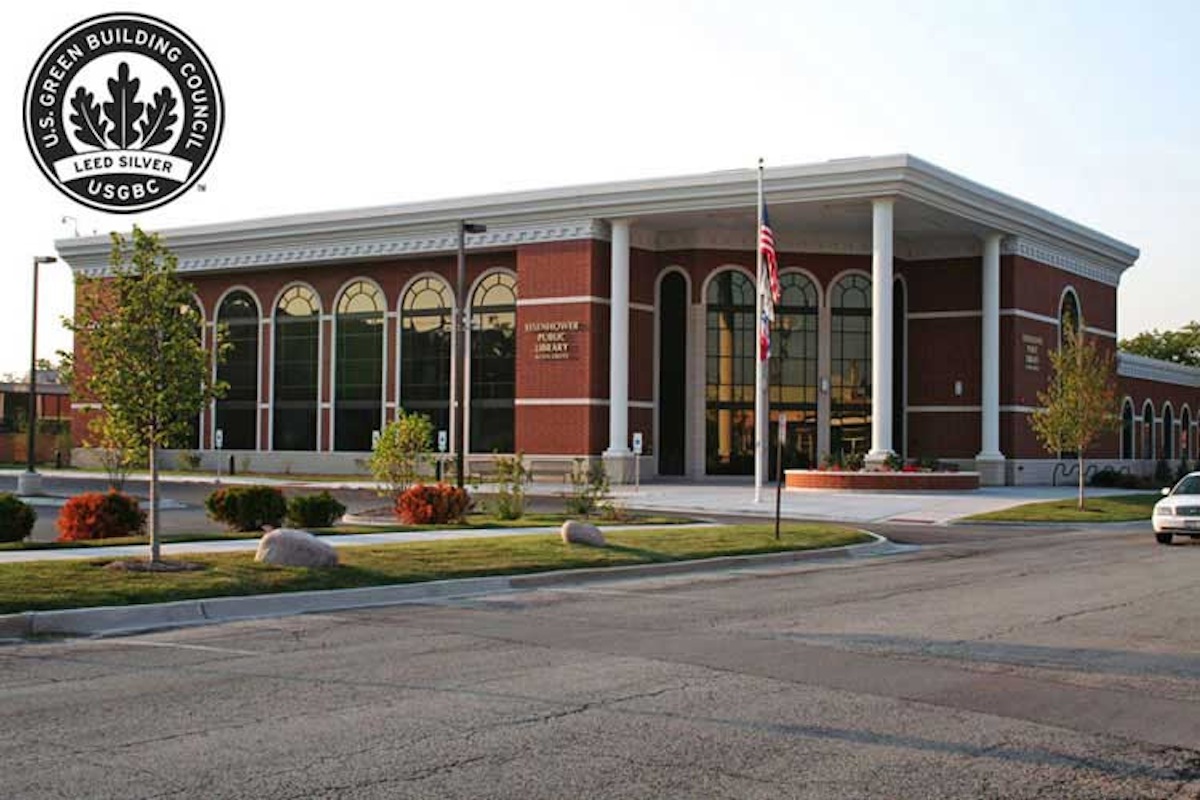The Green Building Certification Institute has changed its name to Green Business Certification Inc. It will continue to be referred to as “GBCI.”
The name change reflects the organization’s expansion of certification and credentialing services beyond its original focus on design and construction.
GBCI is the only group to administer project certifications and professional credentials and certificates for the U.S. Green Building Council’s LEED Green Building Rating System. It also exclusively provides certification and credentialing services for the PEER standard for power systems; the WELL building standard for measuring, certifying and monitoring features of the built environment that impact human health and well-being; and the GRESB benchmark that is used by institutional investors to improve the sustainability performance of the global property sector.
“GBCI’s name change is a true reflection of our direction and vision for the organization, which is to extend its core competencies of certification and credentialing services to organizations that want to advance green business and sustainability practices,” said Rick Fedrizzi, CEO, GBCI. “Third-party validation has become a highly regarded value across the globe and GBCI is well-positioned to fulfill that need.”
Related Stories
| Nov 26, 2012
Minnesota law to spur development, job creation produced few jobs
Legislation that allowed local governments to direct excess property tax dollars from tax-increment financing districts into other private developments was supposed to kick-start construction hiring in Minnesota.
| Nov 26, 2012
How to boost resilient systems that are sustainable
Cities of the future can be both more resilient and more sustainable by promoting strategies that include solar power and green roofs, programs that minimize demand for energy, rain gardens, and permeable pavement.
| Nov 26, 2012
Developer of nation’s first LEED platinum skyscraper focuses on carbon reduction
The Durst Organization, the developer of the first LEED platinum certified skyscraper in the country, says it will not seek LEED certification for its residential pyramid planned for New York’s West 57th Street.
| Nov 26, 2012
Questions linger over ability of Miami's newer high-rises to withstand hurricanes
Some towers in Miami, rebuilt after a hurricane in 2005, were allowed to be constructed under older building codes instead of newer ones created after Hurricane Wilma.
| Nov 26, 2012
Changes in development and building standards needed for health of Potomac River
The Potomac River’s health stands to suffer if the region does not change its development and building standards, according to the Potomac Conservancy.
| Nov 16, 2012
South Dakota prefers LEED over building code on state projects
“(LEED is) much better than a mandatory building code because you get a little wiggle room in these projects,” said Mike Mueller, a spokesman for the South Dakota Bureau of Administration.
| Nov 16, 2012
AAMA publishes quality assurance guidelines for Polyamide Thermal Barriers
The American Architectural Manufacturers Association (AAMA) has published QAG-2-12, Voluntary Quality Assurance Processing Guide for Polyamide Thermal Barriers.












